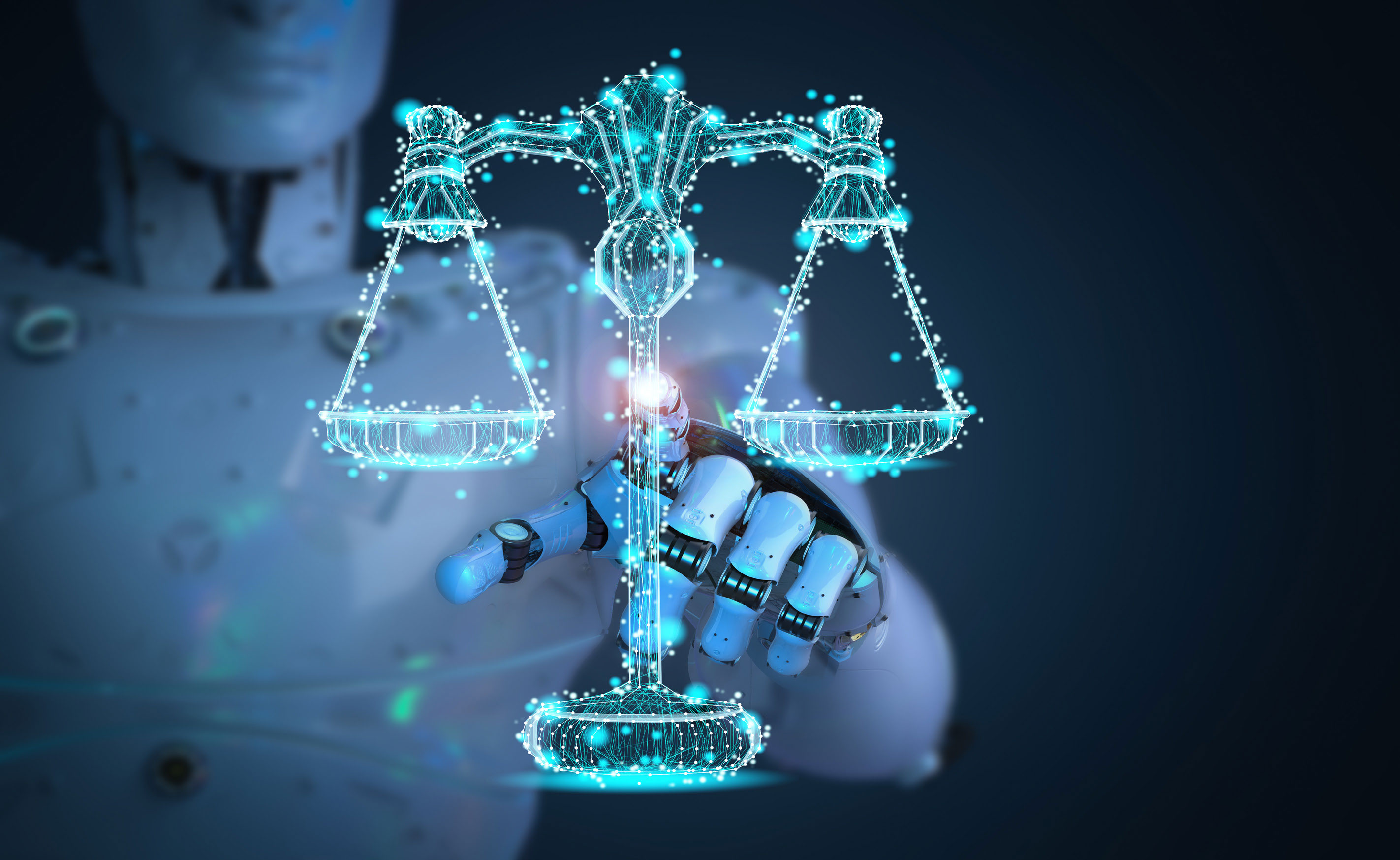Written by
Jerônimo do Valle
Currently, the actors who debate the subject tend to be those with the greatest financial risks involved and, to top it off, we also have the media that confuses it with films of apocalyptic futures.
Currently, the actors debating the subject tend to be those with the greatest financial risks involved and, to make matters worse, we also have the media that confuses it with movies of apocalyptic futures.
This makes it difficult to assess the true motivations of each group, especially considering that the phrase “regulation can stifle innovation” seems to be the main - if not the only - argument against the implementation of laws that require due consideration of the inherent potential.
The dilemma, however, is legitimate and deeper.
For example, traditional cars do not have the ability to make decisions that harm people. Your 1984 Ford Escort cannot choose to change lanes on its own, unless there is a serious “mechanical” fault, while your 2021 super car, with the so-called “Full Self Driving” enabled, already can.
This decision, however, is not being made based on morals or any personal values. The vehicle is doing what it was "programmed" to do. Programmed, moreover, by someone human and with his own notion of the word "ethics".
It is therefore not “smart”. Doesn't understand roads or what “driving” is. In reality, it is not able to discern between running over an assassin or saving a nun, as the whole scenario is driven only by pre-defined code, capable of updating data in real-time.
The problem, then, is not related to the "development" of AI, but to the ethical framework regarding its "implementation".
Of course, it is not possible to argue against the much-desired and welcome advancement of technology. However, as there is no indication that we are even in the same millennium of an autonomous artificial intelligence, what is urgent, perhaps, is the need to regulate the ethics of "who" will program such "intelligent" devices, and define "how ” this is going to be implemented in the real world.
The rest is just fiction... for now.

